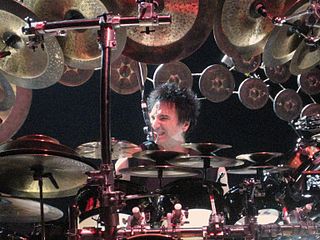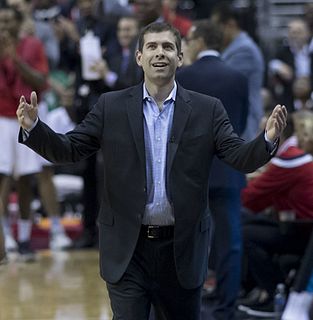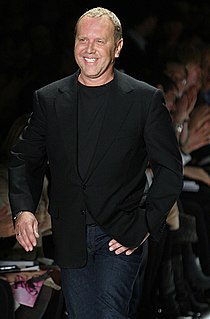A Quote by Kano
Drake can do that well, he can have the hottest tune every summer for the next 20 years, and that's how he does his things. But naaaaah, I might go away for three years, you know what I mean?
Related Quotes
Barack Obama did get a higher percentage of the vote than anybody has in this country in 20 years. I mean, it was a resounding victory. I mean, whether his core constituency was 20 percent or what, his electoral constituency, which is how we measure elections, was 53 percent, which was, you know, historically high, the highest of any Democrat, other than Franklin Roosevelt and Lyndon Johnson.
I love fashion because it's plugged into the zeitgeist, so it's always changing. Thirty years ago, I could never have predicted I'd be where I am today, so I know I don't know what's going to happen in the next five years or the next 20 years. I have my predictions—I'm sure technology will continue to have an impact on fashion, particularly the way people shop. I think quality will be increasingly important—we're moving away from a time of fast fashion. But really, the only constant in fashion is that you must keep moving forward, otherwise you'll be left behind.
Right now, as I've gotten older, my tics sustain for five or ten years. So, I can deal with them on a daily basis; I know how it affects my body. But when you're 10 years old, and every three months a tic comes along, it's daunting because you don't know what the next one is going to look like, what it's going to feel like.
There is a discrepancy of somebody going to an art dealer and promising what they'll make for the next three years. And I'm old fashioned that way; I think that every exhibition you make is supposed to put you in the world, that the next exhibition is spinning off of that. It's almost like a riff. And if you know what you're going to do for the next three years, why don't just do it the final point? You would think, in a progressive situation, that the final would be the best.




































